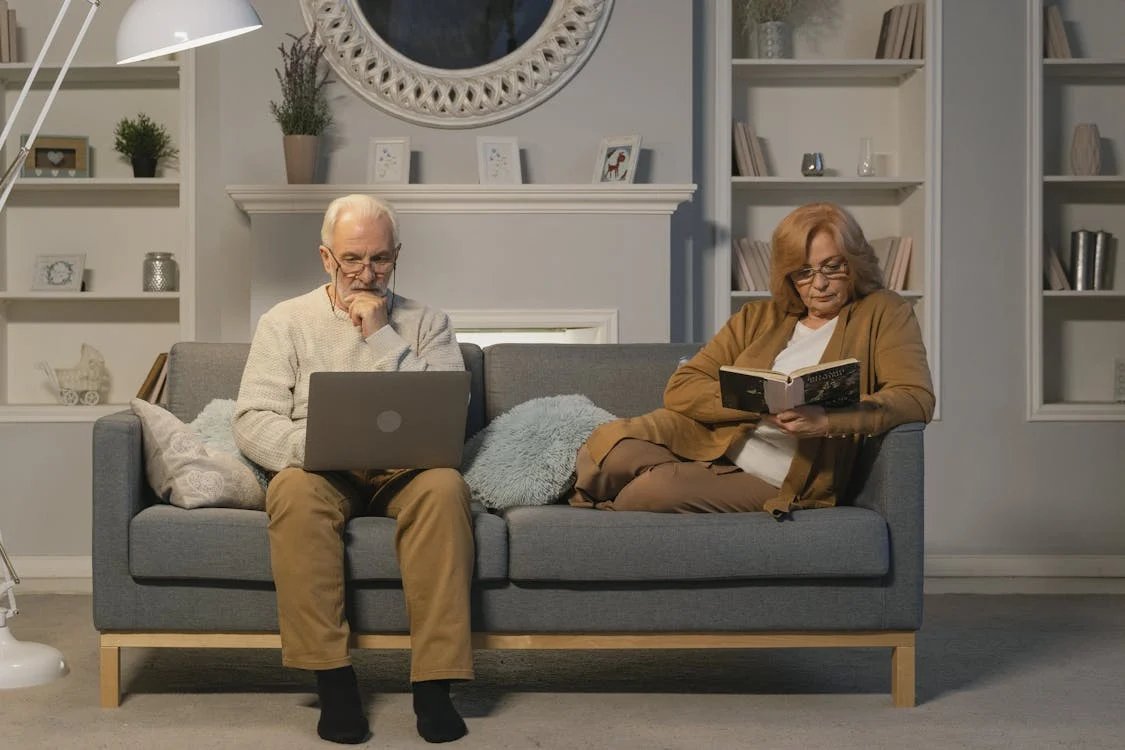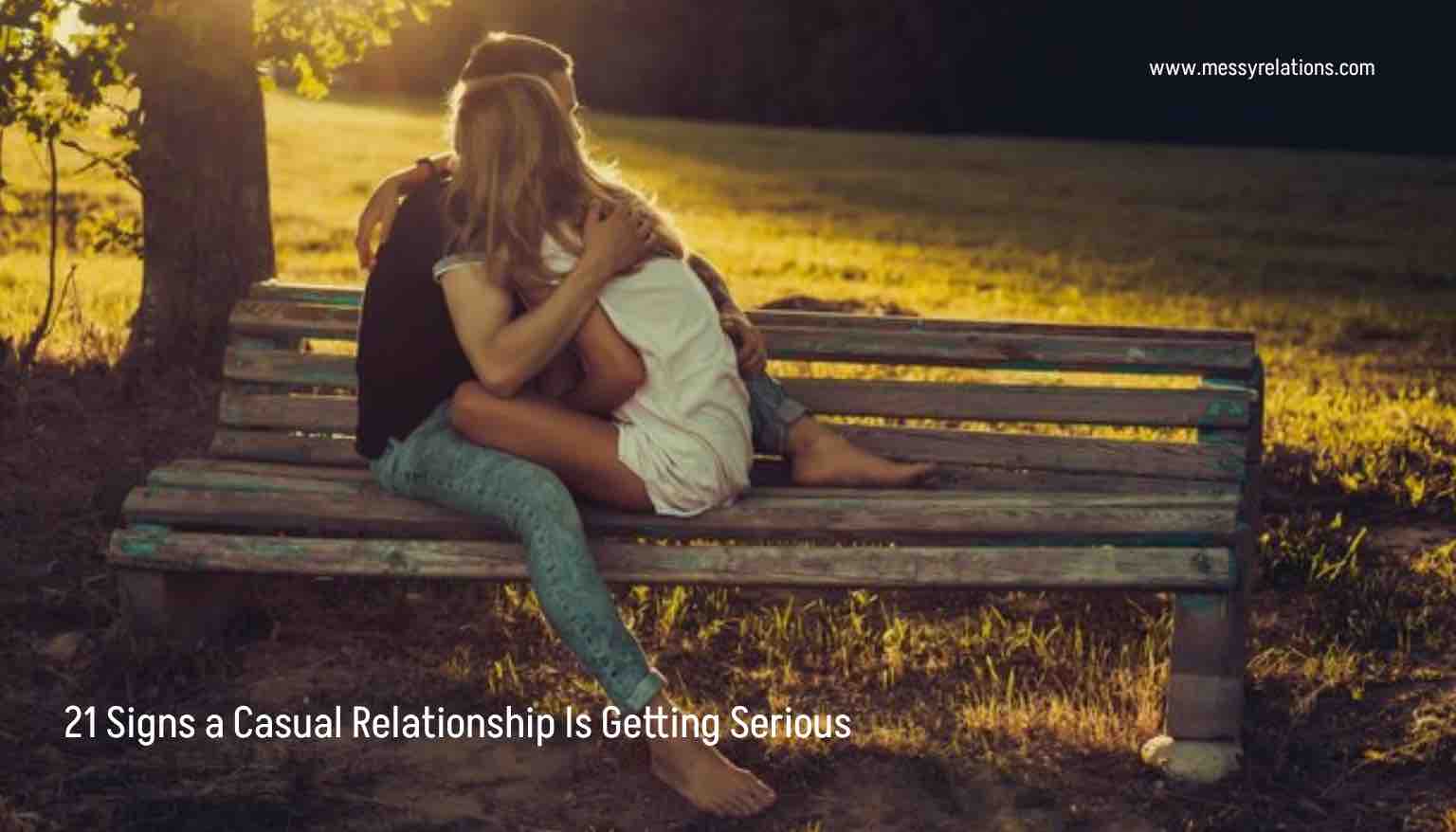Friendship is a bond that connects people across age, gender and demographics. However, not all friendships are destined to be equal; some may be one-sided, leading to what is known as “unrequited friendship.” This unbalanced connection can be painful and challenging to navigate, often leaving one party feeling overlooked or taken for granted. In this article, we will delve into 15 signs of unrequited friendship, shedding light on this often unspoken aspect of human relationships.
Signs of Unrequited Friendship
1. Unmet Efforts
One of the initial signs of unrequited friendship is an imbalance in effort. While you consistently invest time, energy, and emotions into the friendship, your friend may not reciprocate with equal enthusiasm or initiative.
2. Absence of Genuine Interest
A key characteristic of genuine friendships is the curiosity and concern for each other’s lives. If your friend appears disinterested or fails to ask about your well-being, it could indicate a lack of reciprocation. The absence of genuine interest becomes evident in signs of unrequited friendship. One-sided conversations prevail, with one party consistently initiating communication while the other merely responds out of obligation. Plans to hang out are often canceled or postponed, leaving the eager friend feeling disregarded. When sharing personal struggles or joys, the disinterested friend remains detached and uninvolved. These signs manifest emotional disparity, highlighting the painful reality of unreciprocated affection in a supposed friendship.
3. Emotional Detachment
Unrequited friendships often feature emotional detachment from the other person. While you may share your thoughts and feelings openly, your friend may remain distant or avoid discussing deeper aspects of their life.
One party seems distant and aloof, showing little concern for the other’s feelings or well-being. They rarely initiate contact or engage in meaningful conversations, leaving the other friend feeling unimportant and overlooked. When sharing joys or troubles, the emotionally detached friend offers little empathy or support. This lack of emotional investment creates an unbalanced dynamic, hinting at the absence of genuine connection and unrequited feelings in the friendship.
4. One-Sided Support
In a healthy friendship, both parties offer support during difficult times. However, if you find yourself constantly being there for your friend without receiving the same level of support in return, it may indicate an unrequited connection.
One-sided support emerges as a clear sign of unrequited friendship. In this dynamic, one friend consistently offers help, encouragement, and understanding, while receiving little or no reciprocation in return. The unsupported friend’s needs and struggles go unnoticed, leaving them feeling neglected and unimportant. The one-sided nature of support underscores the absence of genuine care and concern, revealing the presence of unrequited feelings within the friendship.
5. Unanswered Calls and Messages
Unanswered calls and messages are significant signs of unrequited friendship. One friend’s attempts to communicate go unnoticed or receive delayed responses, indicating a lack of interest or investment in the relationship. The disheartened friend’s efforts to connect are met with indifference, deepening the sense of unreciprocated affection. The persistent pattern of unanswered communication serves as a poignant reminder of the emotional distance and imbalance present, highlighting the unfulfilled nature of the friendship.
When you consistently reach out to your friend and receive delayed or no responses, it can be a sign of a lopsided friendship. Communication should be a two-way street, with both parties actively engaging in conversations.
6. Disinterest in Your Accomplishments
In a balanced friendship, friends celebrate each other’s achievements. If your friend shows indifference or dismisses your accomplishments, it might indicate a lack of genuine investment in your friendship.
When you share your successes and achievements, the other person shows a lack of enthusiasm or fails to acknowledge your efforts. Their disengagement from your milestones leaves you feeling unsupported and undervalued. In a genuine friendship, friends celebrate each other’s accomplishments, but the absence of interest in yours indicates emotional detachment and unreciprocated feelings, shedding light on the one-sided nature of the relationship.
7. No Effort to Make Plans
A significant indicator of unrequited friendship is the absence of initiative to spend time together. If you are the one consistently making plans while your friend remains passive or unavailable, it could be a cause for concern.
One friend consistently takes the initiative to arrange meetups or outings, while the other seems disinterested or unresponsive. The lack of reciprocal interest in spending time together suggests a lack of genuine connection and emotional investment from the disinterested party. The burden of maintaining the relationship falls heavily on the initiator, highlighting the unbalanced nature of the friendship and the presence of unrequited feelings.
8. Feeling Undervalued
Unrequited friendship can lead to feelings of being undervalued or underappreciated. If your contributions and presence seem to go unnoticed, it may be time to evaluate the balance in your friendship.
Despite investing time and effort, you sense a lack of appreciation for your presence and contributions. Your friend’s actions and responses leave you questioning your worth within the relationship. Their failure to acknowledge your efforts or offer support amplifies the feeling of being taken for granted. The emotional distance and neglect of your feelings hint at the unreciprocated nature of the friendship, leaving you feeling unfulfilled and undervalued.
9. Unequal Sharing of Vulnerability
A strong friendship is built on trust, vulnerability, and openness. Unequal sharing of vulnerability signals signs of unrequited friendship. One friend opens up and shares their emotions freely, while the other remains guarded and hesitant. The unbalanced exchange of vulnerability indicates a lack of trust and emotional intimacy from the reserved friend, highlighting the one-sided nature of the relationship and the absence of genuine reciprocation.
If you find yourself consistently sharing more intimate details about your life while your friend remains guarded, it may indicate an unreciprocated emotional connection.
10. Lack of Effort during Conflicts
In every friendship, conflicts and disagreements are inevitable. However, if your friend consistently avoids resolving conflicts or shows minimal effort in finding solutions, it might be a sign of unrequited friendship.
11. One-Sided Compromises
Compromise is essential for any successful relationship. If you find yourself making most of the compromises to accommodate your friend’s preferences while they show little flexibility, the friendship might be unbalanced.
12. Feeling Drained
Healthy friendships should uplift and energize both individuals involved. Conversely, unrequited friendships can be emotionally draining, leaving one person feeling emotionally exhausted and unfulfilled.
13. Conditional Friendship
A true friendship is unconditional, accepting each other with strengths and flaws. If your friend’s loyalty and support seem to hinge on certain conditions, it may not be a reciprocated friendship.
14. Prioritizing Other Relationships
When your friend consistently prioritizes other relationships over yours, it may signal a lack of reciprocity. Feeling like an afterthought in their life can be hurtful and damaging to the friendship.
15. Unbalanced Emotional Investment
An unrequited friendship is often characterized by an unbalanced emotional investment. If you find yourself investing significantly more emotionally than your friend, it could lead to a sense of emotional imbalance.
Unrequited friendships are complex and challenging to navigate, but recognizing the signs is essential for maintaining emotional well-being. If you identify these signs in your friendship, it is vital to communicate openly with your friend about your feelings and expectations. While some friendships may evolve and grow through honest conversations, others may require letting go to make room for healthier, more fulfilling connections. Remember, true friendship should be a mutual and nurturing bond, where both parties contribute to each other’s growth and happiness.




